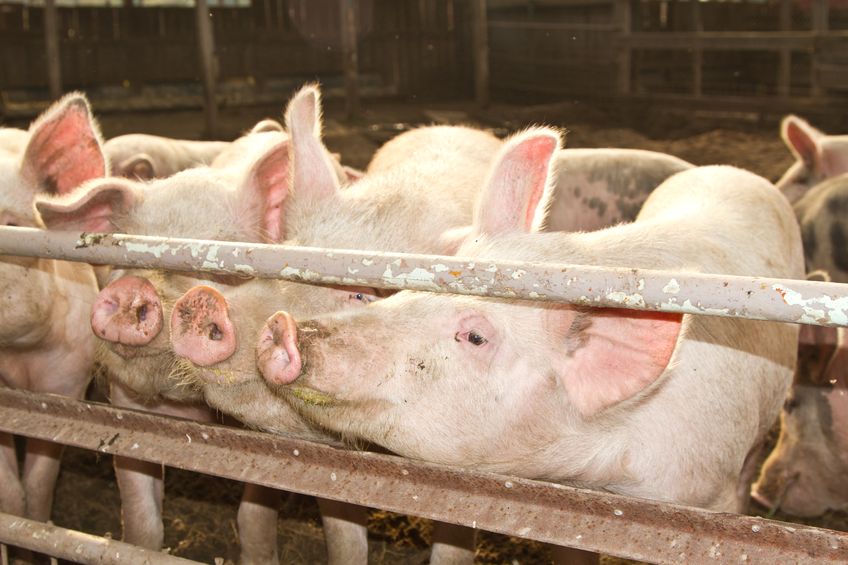
The volume of antibiotics used in the UK pig sector saw an increase of 18% in 2023, as various disease challenges affected producers.
New data shows that antibiotic usage in UK pigs increased from 72 mg/PCU (milligrams per population correction unit) in 2022 to 85 mg/PCU last year.
This increase interrupted the steady decline in usage since 2015, according to AHDB’s electronic Medicine Book (eMB).
However, the 2023 figure was still lower than the 87 mg/PCU recorded in 2021, indicating that the trend is still downwards.
Despite the overall decline, use of highest priority critically important antibiotics almost halved, from 0.013 mg/PCU in 2022, already a very low level, to just 0.007 mg/PCU in 2023. No Colistin use was reported in pigs.
AHDB pointed out that, after a 69% reduction over nine years, a slight increase was always expected, particularly in the event of disease issues on farms.
Disease in pigs, particularly of swine dysentery, was a challenge for some farms last year.
The National Pig Association (NPA) said that while the figures showed an increase in usage, the sector remained committed to the responsible use of antimicrobials.
The body's senior policy adviser, Katie Jarvis explained that responsible use also meant treating sick pigs as needed.
"Unfortunately, 2023 saw an increase in diseases requiring antibiotic treatment in a range of pig age groups and management systems including enteric and respiratory diseases, such as PRRSv and swine dysentery.
“There are multiple factors behind the increase in diseases, but issues in vaccine availability and poor weather are thought to have played a part," she said.
“Furthermore, the loss of zinc oxide since the withdrawal from use of remaining product in 2023 has undoubtedly had an impact as producers will have turned to antibiotics to treat diarrhoeic pigs.”
Mandy Nevel, AHDB’s head of animal health, said that given the big reductions in use over the last nine years, it was always anticipated that annual reductions would slow.
She said: “The industry had many disease challenges last year and the effects of these were compounded by some vaccine shortages.
"This is likely to be an ongoing issue as the UK has very limited capacity for animal vaccine production.
“Additionally, the removal of zinc oxide, a product that reduces post-weaning diarrhoea, may mean some producers will need to revert to antibiotics to control diarrhoea.
"However, it is expected we will not see the full impact of that until 2024 figures are released next year.”
